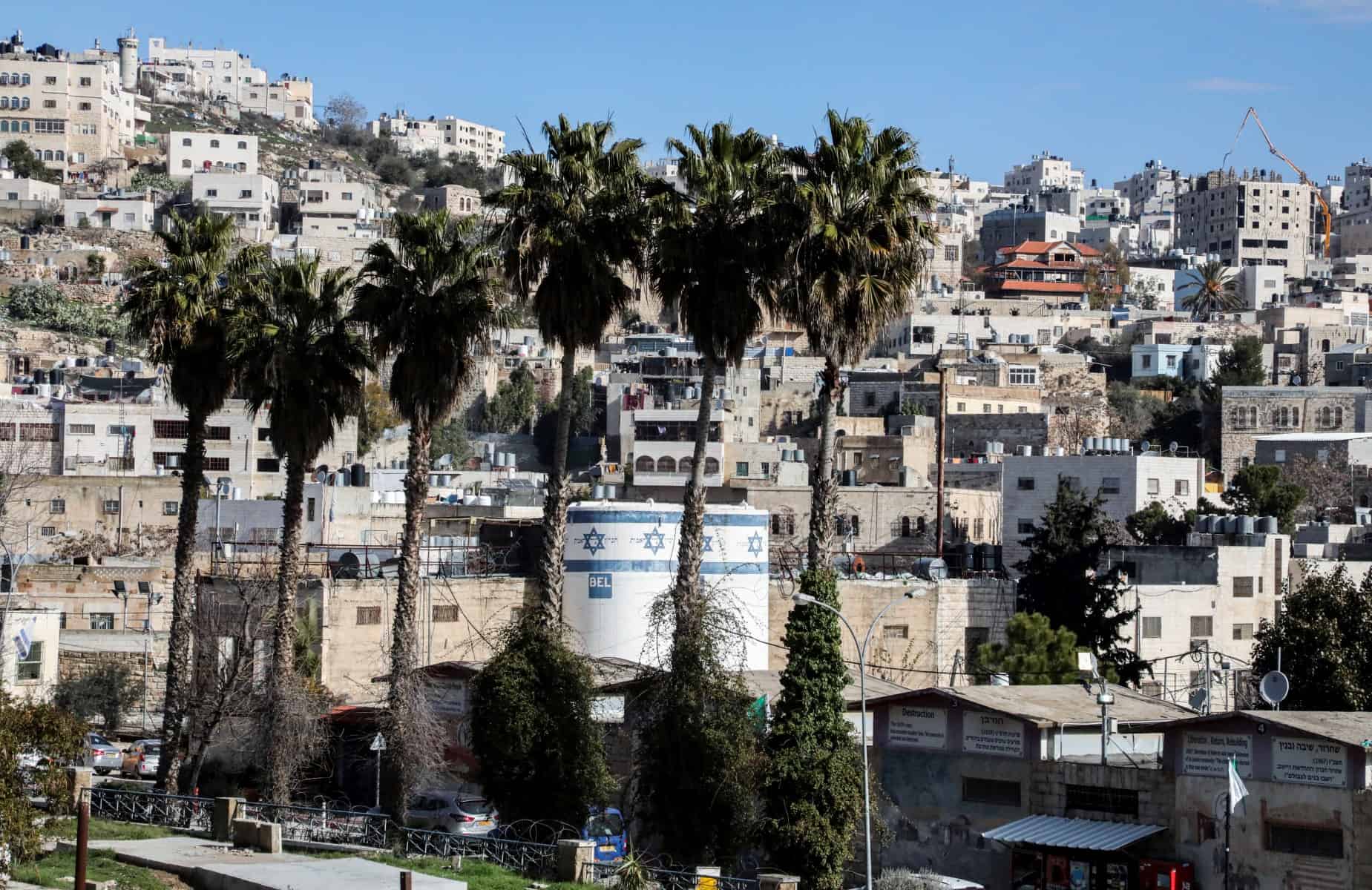Companies in the West Bank are carrying on for now with business as usual despite heightened uncertainty over the future due to the emergence in Israel of the most right wing and anti-Arab government ever.
But “as usual” in the West Bank is a relative concept. In recent years, it has meant a Palestinian Authority unable to fully pay government workers, increasing unemployment particularly among youth, and Israeli strictures that cripple development and deny Palestinian businesses access to the part of the West Bank with the most economic potential, known as Area C.
The World Bank, in a press statement issued in September, implicitly blamed Israel for holding back the West Bank economy. “Cooperation by the government of Israel remains essential to reduce economic restrictions and sources of fiscal leakage and to help create greater fiscal space for social assistance,” it said. The World Bank estimated that “granting Palestinian businesses access to Area C could boost the Palestinian economy by a third.”
But Israel is not the only source of difficulty. At a recent fair held by the Palestinian Federation of Industries in the West Bank town of al-Bireh that was attended by TRENDS, businessmen and small company representatives were troubled the most by being undercut by cheaper Turkish and Chinese products.
The fair was designed in part to encourage Palestinian consumers to buy local products rather than cheaper alternatives from abroad. But economists say the public is too cash tight to respond to the message.
Rabeh Morrar, director of research at the Ramallah-based MAS, the Palestine Economic Policy Research Institute, put it this way. “Food insecurity is getting worse. It’s not a question of patriotism. You need to feed your kids so you look for a cheaper price, not patriotism.”
Still, he said, the minority who get high salaries are generally willing to pay more for a Palestinian product.
There were no heavy industries at the fair and participation was down compared to last year because fewer companies could afford the approximately US$1500 fee for setting up a booth.
According to Morrar, there are many reasons why the West Bank heartland of a hoped for Palestinian state still lacks an industrial sector. The government has no money to incentivize launches by would be entrepreneurs, the environment for foreign investors is too risky, and the Israeli occupation impacts everything, including tariffs, storage costs and barring Palestinians from exploiting the economic potential of Area C, which is being taken over by illegal settlers.

Despite all these constraints and the political uncertainty, the companies at the fair were not giving up. “If I have bread and olive oil, everything is okay. I’ll continue under any conditions,” said Abdul-Rahman Yamak, director of al-Meral Stone and Marble which draws from a quarry on the outskirts of the northern West Bank city of Nablus.
But beneath the bravado, the company is struggling to compete with Egyptian stone in the domestic market and Turkish stone, which has crippled exports. Yamak says the company still makes a modest profit but he recalls far better times. From 2012 to 2018 exports accounted for 80 percent of revenues, today only thirty percent.
“It’s very difficult because of all this competition,” he said. Al-Meral, which has 15 employees, still exports to Qatar, the UAE, Kuwait and Saudi Arabia but Turkish stone has heavily encroached on its customers, he says
“The Turkish stone is pretty much the same quality but our price is higher. Our labor costs are fifty to a hundred dollars per person per day and fuel is very expensive,” he said.
Yamak believes that Arab solidarity should be a factor in Gulf purchasing decisions. “Kuwait, Qatar and the Emirates should know that Palestinians depend on them and they shouldn’t leave us. Our Arab brothers must support the Palestinian market.”
Meanwhile, the Palestinian Authority is failing the Palestinian stone companies by not defending their local market from foreign competition, Yamak alleges. “Unfortunately, Palestinians are using imported stones. We asked the government to increase customs and check quality. But the government doesn’t react. It’s in one ear and out the other.”
“The economic situation is very slow. The authority is paying its employees only partial salaries so the internal market is weak,” he added.
Keeping his company viable under such conditions is only one of Yamak’s challenges. He lives in Beita, south of Nablus, an area where settlers have seized residents’ land for a new settlement. The Palestinians of Beita have incurred 12 dead and, according to municipal officials, over 150 people made handicapped, in asymmetrical clashes over the last year and a half in which few, if any, soldiers were seriously wounded. Israel says the land does not belong to the Beita Palestinians,
With the new government likely to try and finalize the land seizure “people are worried about their land”, Yamak said.
Many Palestinians across the West Bank have similar fears. But Morrar believes the new government’s impact on the troubled economy may be less pronounced. Some even say that the incoming prime minister, Benjamin Netanyahu may take some measured steps to improve economic conditions. “He wants to be able to tell the Arab countries that recently established relations with Israel that we are improving the economic situation,” said Morrar, referring to the UAE, Bahrain and Morocco. “At the same time, Israel will build more settlements.”








